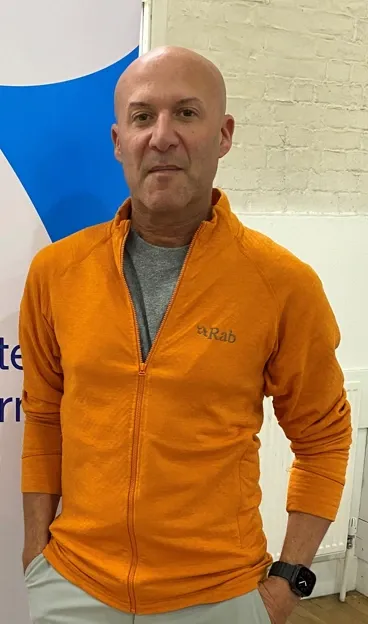
It’s clear that some people don’t really understand my diabetes or that it’s something beyond my control.
Robert shares his experience of stigma and the day-to-day management of his diabetes.
customer support
customer support

It’s clear that some people don’t really understand my diabetes or that it’s something beyond my control.
Robert shares his experience of stigma and the day-to-day management of his diabetes.